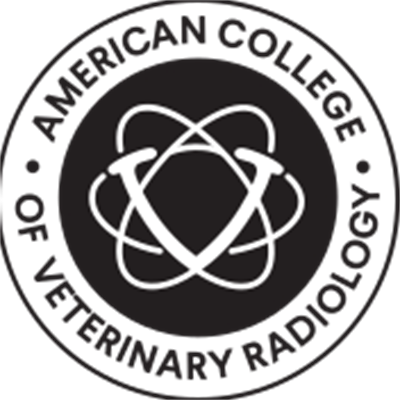Multispecialty
Opening General Session: Ethical and Legal Implications of AI in Veterinary Medicine

Eli B. Cohen, DVM, DACVR
Associate Clinical Professor
NC State College of Veterinary Medicine / Dragonfly Imaging
Cary, North Carolina, United States
Primary Presenter(s)
Artificial intelligence (AI) and machine learning (a type of AI) are emerging technologies which are likely to change how we practice veterinary medicine. Exactly how these will impact and be incorporated into practice remains to be seen, which is the nature of novel and disruptive technology. In order to determine how and when to employ AI, we have to able to critically assess AI development, testing, and performance as we would with any other clinical tool or diagnostic test. In order to do so end users must be aware of key steps in AI development and testing, and know what questions to ask in order understand clinical validity/usefulness of AI. The lack of regulatory oversight of AI in veterinary medicine is a key difference from human medicine, and raises important ethical and legal considerations particularly given the veterinarians ability to perform euthanasia. It is imperative for the veterinary profession to develop best practices in regards to AI development, use, and monitoring. In the absence of regulatory oversight, these best practices would serve to safeguard veterinarians, and most importantly our patients and our clients. This session will highlight these key regulatory differences, and explore the ethical and legal ramifications of AI in veterinary medicine.
Learning Objectives:
- understand and describe the differences in regulation of AI between veterinary and human medicine.
- list and describe AI use risk classification and how this could be applied in veterinary medicine to safeguard patients.
- list and describe best use practices for AI and AI developers in order to foster ethical deployment and use of AI in veterinary medicine.


